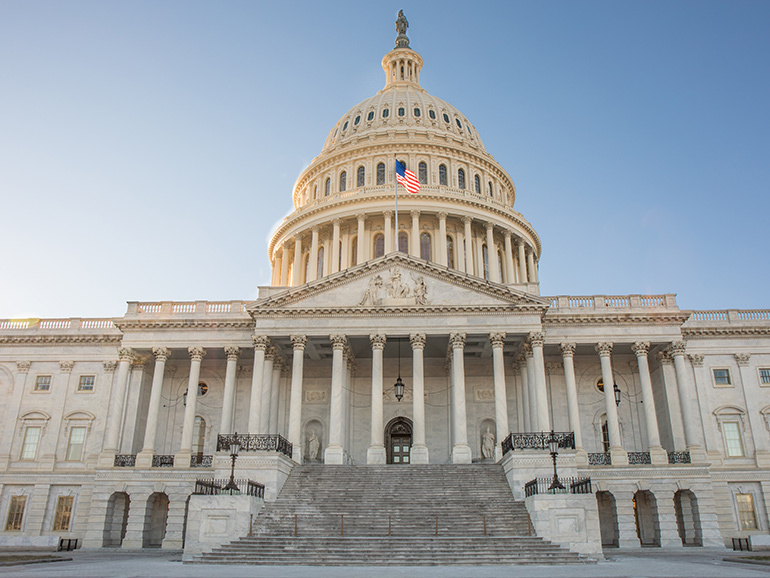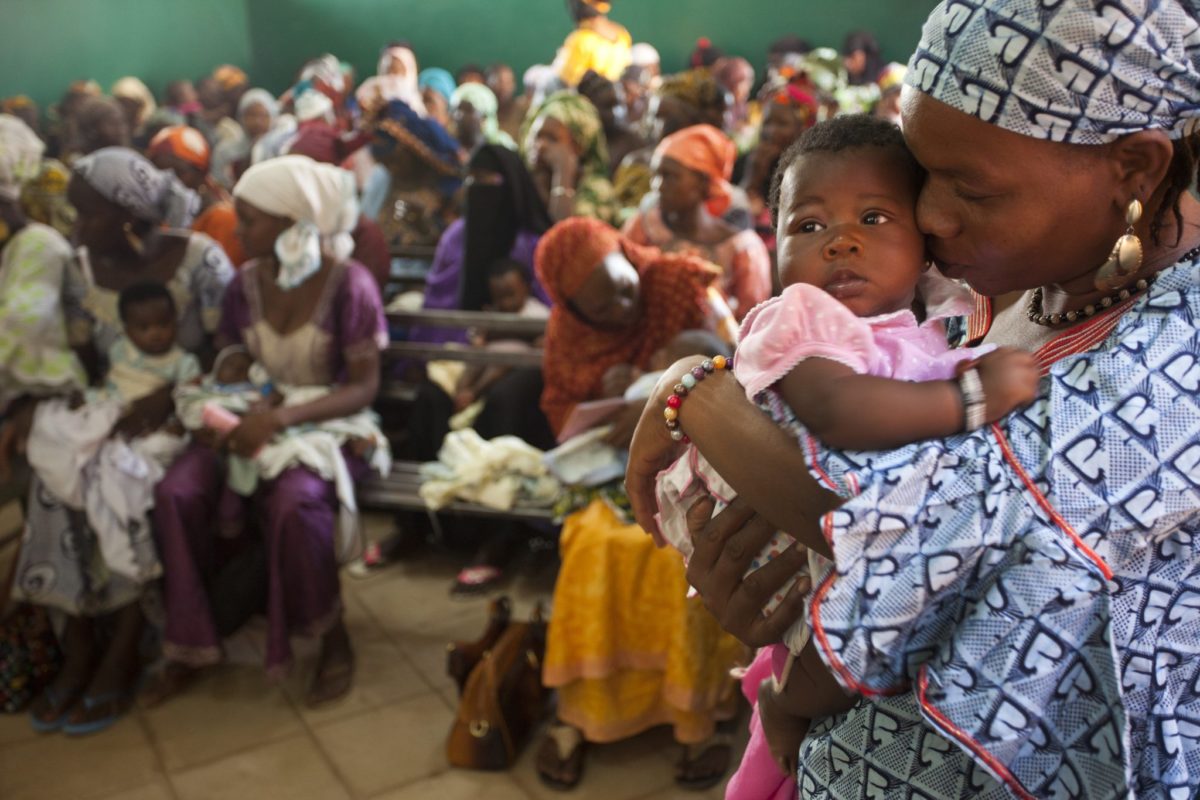Moms and Babies Left Out Of Trump Administration’s Budget Proposal
1,000 Days leads the fight to give mothers and babies in the U.S. and around the world the nutrition they need to thrive. We know that the 1,000 days between pregnancy and age two set the stage for all the days that follow, representing an unparalleled opportunity to positively affect the trajectory of future generations.
That is why we are incredibly disappointed in the Trump Administration’s refusal to prioritize the health and well-being of mothers and babies in its recently released budget proposal. The Administration calls for devastating cuts to global and domestic programs that will jeopardize critical supports for families here and around the world. From drastic changes to SNAP—a program that helps 1 in 4 children in America get enough to eat every day—that limit consumer choice, to a 30% cut to America’s foreign assistance and diplomacy programs, this budget is dangerous and shortsighted.
The Trump Administration missed its chance to demonstrate real commitment to women and children; instead it doubled-down on the funding cuts it proposed last year. The American people deserve a budget that reflects our values as a nation – one that ensures access to comprehensive, quality healthcare, nutrition assistance and parental supports while also providing lifesaving foreign aid to vulnerable families throughout the world.
1,000 Days calls on Congress to continue their longstanding, bipartisan support for nutrition, health and foreign assistance programs by rejecting these proposed cuts. We stand ready to work with Congressional allies to preserve and strengthen these programs and achieve our vision of a brighter, healthier future for all children





